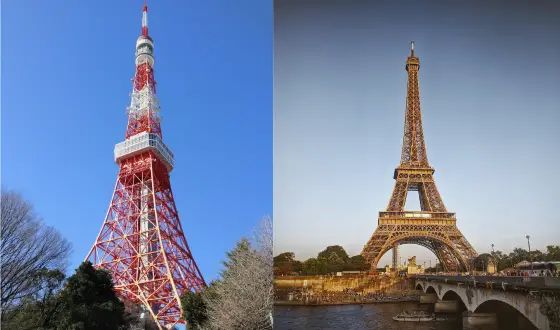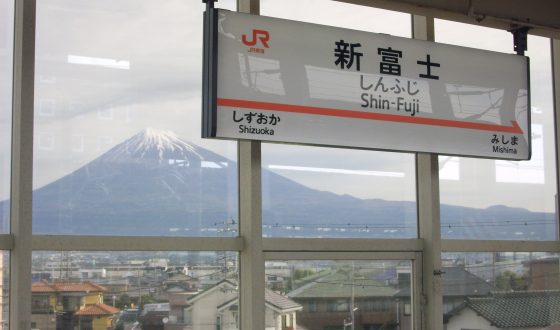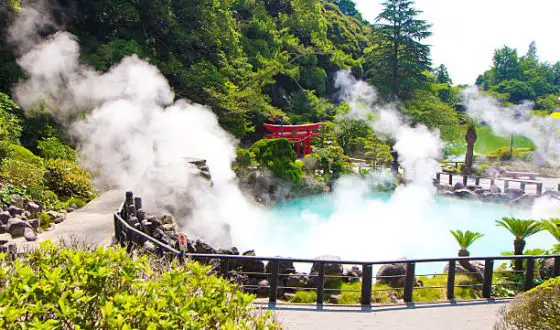Cost Of Living In Tokyo: Expensive Or Not?
Japan is a country mix of tradition and modern. This Land of Rising Sun is famous for its clean atmosphere, greenery and a long-lasted civilization with many ancient architectural works. Besides the historic and architectural buildings, this is also a modern country with a variety of tall buildings, adequate transportation systems and modern public services. All these characteristics are embodied in Tokyo – the capital of Japan. Tokyo gains recognition as one of the most livable cities in the world. This is the reason why it is marked as the most populous city in all around the world in 2016. If you are considering moving to Tokyo, have you wonder how much money you will need? Is living here expensive or not? Now, let’s follow Question Japan to find out the cost of living in Tokyo, and find the answer on your own.
Average cost of living in Tokyo
1. Accommodation
Wherever we live, the first and foremost factor that we consider is accommodation. Of course, the rental fee is the highest expense in the cost of living in Tokyo. As this city has the best infrastructure, services as well as job opportunities, it is not surprising that rent prices are fairly high.

Rent fee is the highest expense in the cost of living in Tokyo
Depending on the location, size and age of the apartment, prices are different. If you choose to live in a 15-20 sqm studio apartment (one bedroom), the prices vary from ¥60000 to ¥130000. Rent for similarly sized apartments in central Tokyo and popular neighborhoods nearby usually starts from around ¥100,000 and averages at ¥240,000. Luxurious apartments are even much more expensive. In general, the further from the center the location, the higher the rent.
Average cost per month by Japanese apartment size
| Tokyo Wards | Average cost per month by Japanese apartment size (¥) | |||||
| 1R | 1K | 2K | 2DK | 1DK | 1LDK | |
| Edogawa | 61,200 | 68,300 | 72,400 | 89,800 | 75,200 | 110,200 |
| Katsushika | 59,400 | 69,200 | 67,600 | 85,100 | 87,900 | 95,700 |
| Adachi | 63,600 | 70,500 | 65,600 | 91,500 | 77,100 | 106,500 |
| Nerima | 62,100 | 75,400 | 86,600 | 105,000 | 110,200 | 119,300 |
| Itabashi | 86,600 | 80,800 | 78,900 | 102,200 | 100,500 | 133,200 |
| Suginami | 69,900 | 81,500 | 100,200 | 113,100 | 87,000 | 132,700 |
| Kita | 74,900 | 82,000 | 83,600 | 110,600 | 117,900 | 157,800 |
| Arakawa | 71,900 | 83,700 | 81,100 | 100,200 | 102,800 | 126,100 |
| Ota | 75,500 | 84,200 | 88,600 | 117,200 | 101,800 | 138,400 |
| Setagaya | 80,100 | 86,900 | 99,000 | 137,700 | 127,000 | 163,500 |
| Toshima | 84,900 | 87,800 | 96,700 | 125,800 | 110,400 | 158,600 |
| Nakano | 80,000 | 90,800 | 92,000 | 137,300 | 112,100 | 144,400 |
| Sumida | 90,600 | 91,300 | 80,400 | 145,100 | 118,000 | 144,700 |
| Koto | 98,500 | 94,000 | 88,600 | 119,800 | 129,400 | 165,400 |
| Bunkyo | 95,800 | 94,400 | 116,700 | 146,300 | 120,000 | 190,000 |
| Shinagawa | 98,600 | 99,700 | 124,400 | 128,400 | 139,300 | 173,500 |
| Taito | 97,000 | 99,900 | 117,000 | 125,500 | 125,300 | 161,600 |
| Shinjuku | 97,300 | 105,500 | 97,700 | 145,700 | 142,000 | 235,800 |
| Chuo | 124,100 | 111,000 | 120,300 | 158,200 | 163,200 | 231,700 |
| Meguro | 105,400 | 111,600 | 108,600 | 141,700 | 155,400 | 209,000 |
| Minato | 132,300 | 117,500 | 149,400 | 150,000 | 177,200 | 293,400 |
| Shibuya | 117,000 | 119,100 | 114,300 | 156,600 | 146,700 | 226,200 |
| Chiyoda | 130,600 | 123,800 | 137,000 | 175,000 | 162,800 | 234,400 |
By looking at the table, we can see that house rent in Edogawa is always cheapest; and the most expensive always goes to those in Chiyoda.
2. Food and beverage
Another remarkable part of Tokyo cost of living is food and beverage.
A meal at a cheap restaurant in Tokyo is roughly around ¥500 to ¥1,000. A meal at a more average restaurant costs roughly between ¥1000 and ¥3000, while there is no upper price limit when it comes to high-class restaurants such as Ryotei or Izakaya. If you want to save money, it is advisable to cook on your own. You can almost find everything in the supermarkets and grocery stores. Sometimes, seasonal vegetables, seafood and precooked products are discounted shortly before closing time in the evening. According to statistics of the Japanese Ministry of Internal Affairs and Communications, the average national food and drink expenses for a household of two are ¥65,994 a month. That makes it a daily expense of ¥2200, and this is possible only if either lunch or dinner is home-cooked.

If you want to save money, it is advisable to cook on your own.
Japanese tend to drink coffee, tea, cocoa, and some other type of liquor. Moreover, due to Japan’s Nomination culture (a drinking culture focused around community building), drinking after work with colleagues is very common, which if not careful might result in a huge rise to your food expenses. As a result, try to resist the temptation of eating outside to save your wallet.
SEE MORE:
3. Transportation
Vehicle choices
Within Tokyo, assuming you aren’t going on day trips, you typically don’t spend more than ¥1000 to ¥1500 daily on transport. You will mostly be traveling by subway or train within the city unless you want to go to another city. In that case, you will need to take a bus or shinkansen. Buses are cheaper but slower, and the Shinkansen (bullet train) is a lot faster but can be a bit expensive too, with prices around ¥10.000 depending on the destination.
Most of the city subway (Tokyo Metro for example) tickets cost around ¥200 for a single trip, but the price varies by distance and may often be higher if you are traveling far. Buses also have a similar price range.

Shinkansen – the fastest vehicle in Japan
Below are the prices of some public vehicles in Tokyo:
-
- Short train or subway ride in Tokyo: ¥200
- Bus ride (where buses are prevalent): ¥300
- Taxi: Taxi fares in Japan vary greatly depending on time and distance, but typically begin around ¥700
- One-way shinkansen (bullet train) trip from Tokyo to Kyoto in Green Car (first class): ¥19,000.
Japanese people do travel by private cars, but the tax, maintenance and parking fees are too high, so those means of public transportation above are more preferable.
Money-saving tips
However, in order to save money, many people choose bike riding to commute to work. Another way is to purchase the unlimited daily pass, monthly pass or even yearly pass. This offer is very economical for anyone that has to travel a lot. Additionally, an IC card is also a suggestion. Buying an IC card will not help you to save money, but for sure will make you save time! It is much quicker to buy a card and charge it once, than having to buy a ticket every time you need to move from place-to-place.
4. Healthcare
When visiting a doctor in Japan, it is important to note that the initial consultation fee is always the costliest. So, don’t change the doctors, just trust them. The pricing can be divided into two types: the insured and the uninsured.
For those that are insured
For patients who have the National Health Insurance, it covers up to 70% of your medical fees which makes the initial trip to the doctor cost around ¥3,000 to ¥5,000 range. Subsequent visits will cost around ¥600 per trip.
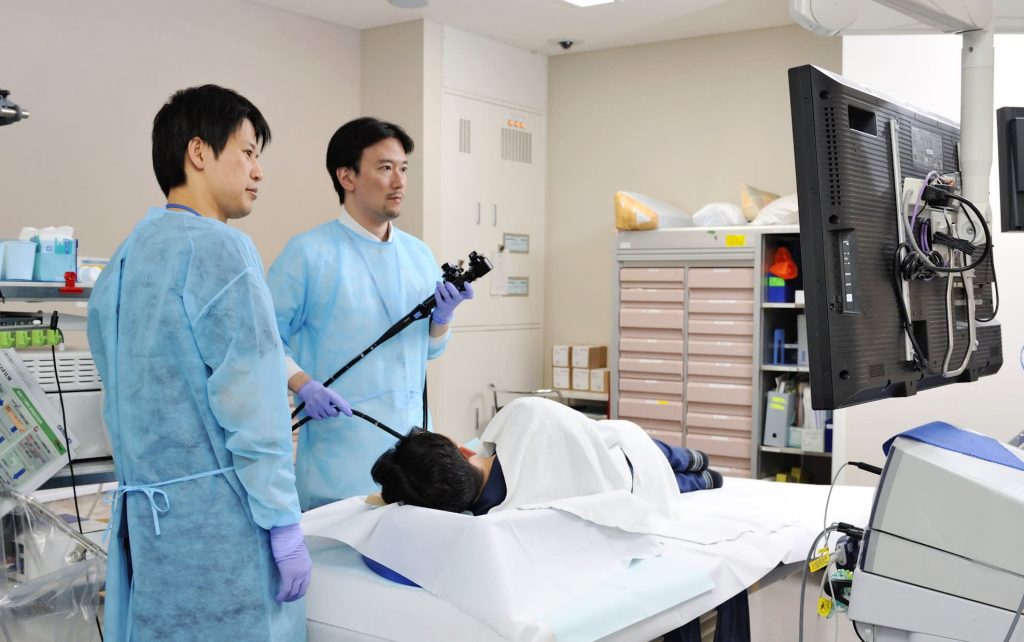
Healthcare in Japan is top-notch in the world
For those that are not insured
The price will spike for those that are not insured with an average first visit to the doctor costing up to ¥10,000 to ¥50,000 with the subsequent visits costing around ¥7,500 .
So, if you consider your illness to be curable with normal medicine, visit a convenience store or a local pharmacy as they tend to carry basic medication. But, don`t forget to always care about your health first!
5. Utilities
Electricity, gas and water are essentials in daily life, and those things are not included in the accommodation fee. Electricity is usually the most expensive of the three followed by gas and water. According to some surveys, a household of two often spends ¥19,795 on average per month: about ¥9,742 for electricity, ¥4,479 for gas, ¥4,183 for water and ¥1,392 on others.
Electricity, gas and water are essentials in daily life
Mobile and Internet expenses
Internet and mobile are very important in the era of technology, and they are even much more vital when you live in such a high-tech city like Tokyo.
Mobile Expenses
Regular mobile plans are relatively expensive in Japan costing around ¥6,000 per month. However, there are alternative methods such as using the highly popular “Kakuyasu” plan which are mobile phone plans operated by Mobile Virtual Network Operators which plans start from as low as ¥1500.
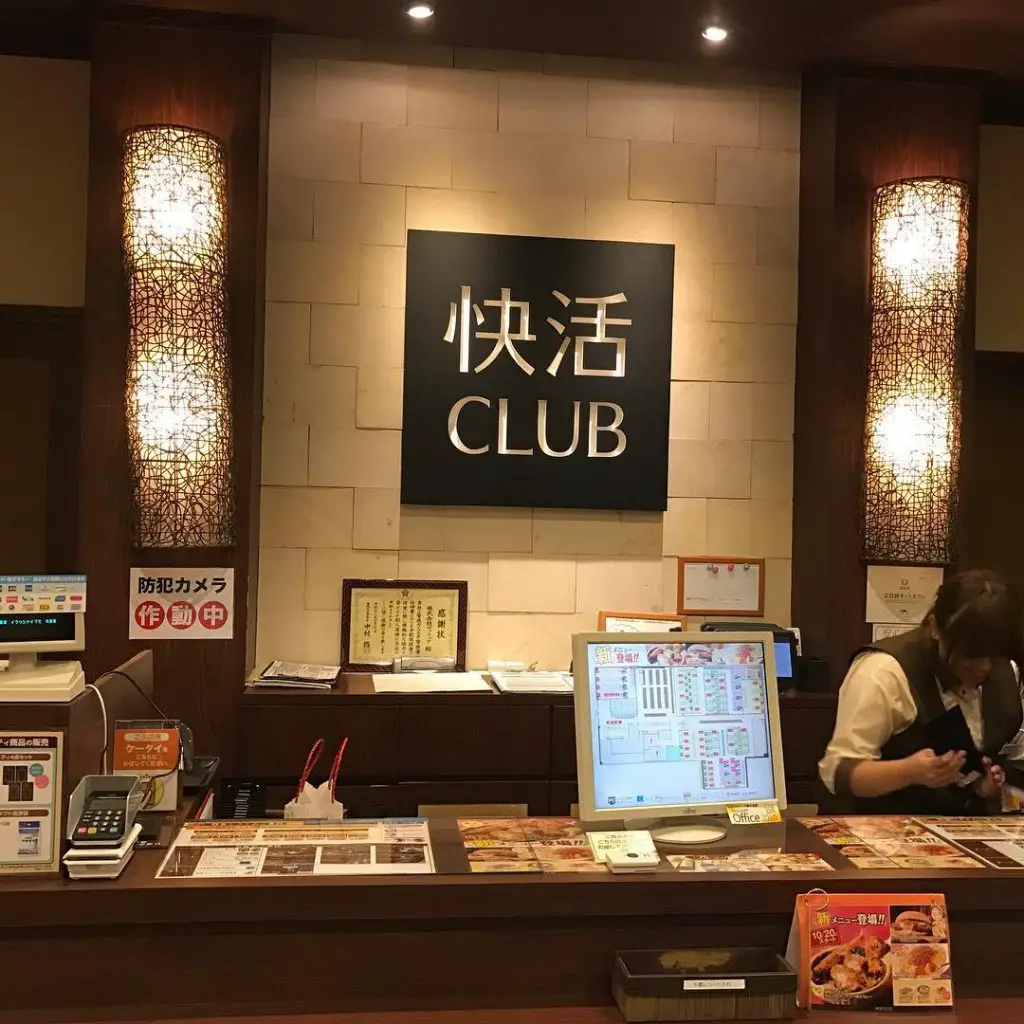
Tokyo internet cafe
Home Internet Expenses
Alike Mobile Expenses, the internet plans are also costly starting from ¥5,000 per month for a decent internet plan. However, similar to housing an initial fee will be needed to set up the mobile router which costs around ¥3000. If you are considering getting both a mobile plan and home internet you might want to consider getting a combo plan which might significantly lower the overall cost you might be paying.
SEE MORE:
- Onsen Guide: Top 15 Best Onsen In Tokyo
- Discover Nakano Broadway – Ultimate Paradise For Otaku And Pop Lovers
6. Tax – compulsory expenses of social welfare
This is the last piece of our cost of living in Tokyo. All of these taxes and fees vary according to factors including salary, location and the presence of dependents.
Income tax is calculated on a percentage basis according to the level of one’s salary. Annual earnings in the range of ¥3,300,000 – ¥6,950,000 are taxed at 20 percent. According to an earlier article in this series, the average salary in Japan is ¥4.14 million and fits into that bracket. The average teaching salary is lower. At ¥3.21 million, it falls into a range that is taxed at 10 percent.
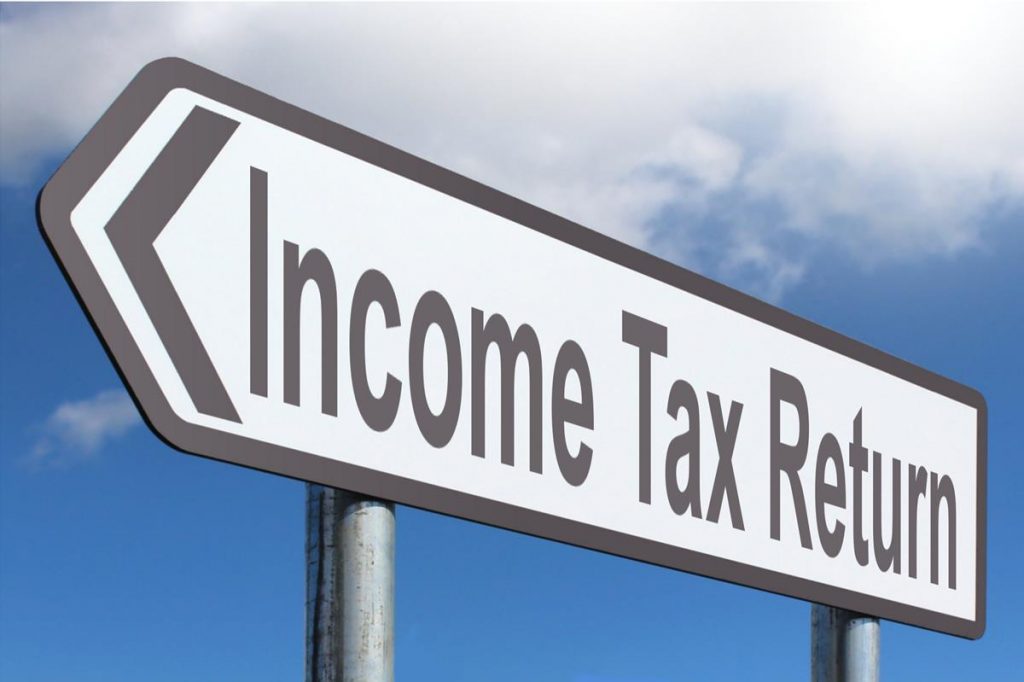
taxes add up to 40 percent of income
Along with income tax, a prefectural tax of about 4% is also deducted. At the local government level, residence tax leeches another 6%.
Full-time employees have a further 10 percent removed from their paycheck to cover the Employees’ Health Insurance and Pension, which also includes unemployment insurance. Even those not working full-time are required to be enrolled in a form of health insurance and the national pension system.
Based on the average annual salary, these taxes add up to 40 percent of income. Broadly speaking then, that’s around 40% of your earnings taken care of.
Conclusion
After reading our article, how do you feel about the cost of living in Tokyo? Are you satisfied with our local guide? 100 yen is roughly $1 USD, so it will be easier for you to figure out the answer to the question “how much is the cost of living in Japan in USD?”. If you have any questions, don’t hesitate to type on the comment section, so we can discuss later.


